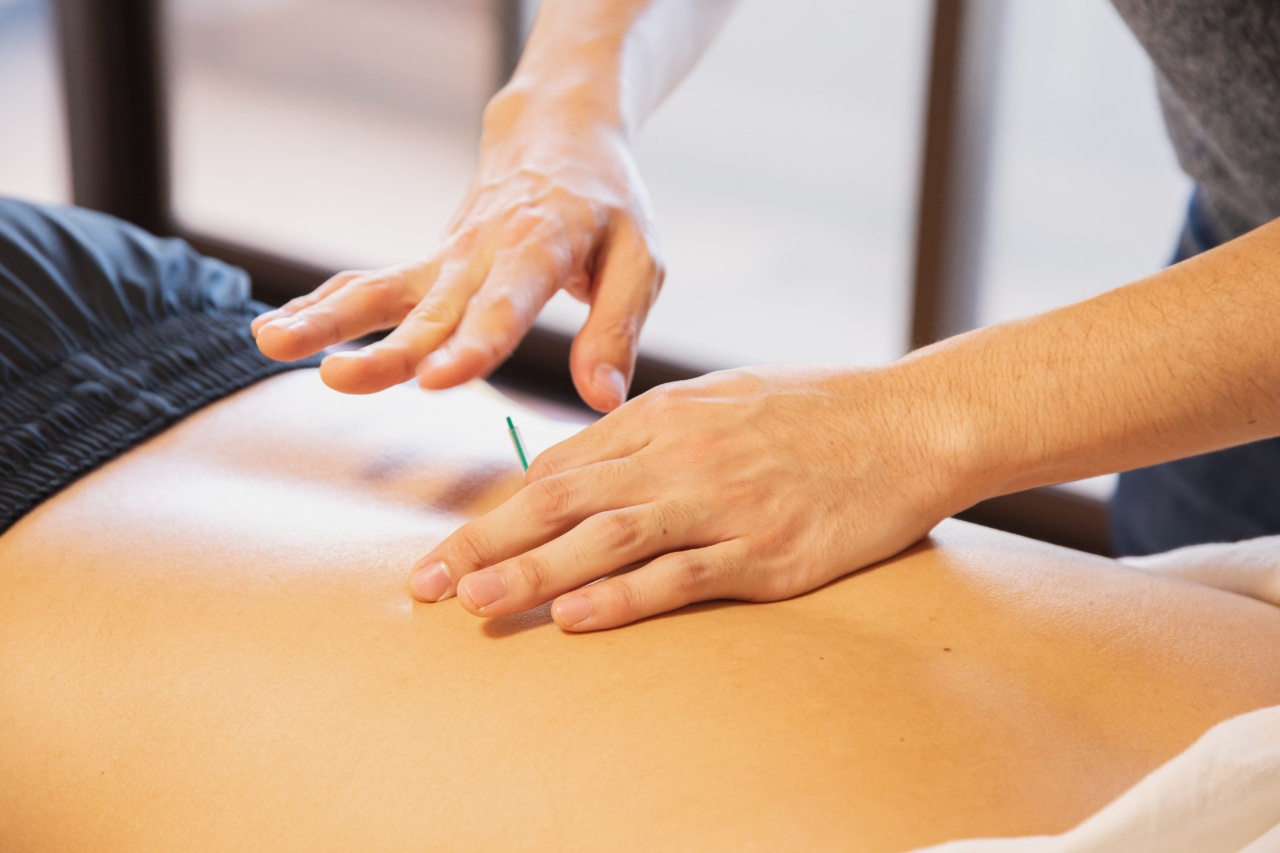Testosterone substitution therapy (TST) is a common treatment for individuals with low levels of testosterone. While it can be effective in certain cases, it carries various risks and side effects.
Fortunately, there are alternative methods to increase testosterone levels naturally without the need for synthetic hormones or medications. This article explores ten healthy alternatives to testosterone substitution therapy.
1. Diet and Nutrition
A well-balanced diet rich in essential nutrients is crucial for maintaining optimal testosterone levels.
Including foods such as lean meats, fish, eggs, nuts, seeds, whole grains, and fruits and vegetables can help support natural testosterone production. Additionally, incorporating foods high in zinc, vitamin D, and magnesium can further promote healthy hormone levels.
2. Strength Training
Engaging in regular strength training exercises has been shown to naturally increase testosterone levels. Compound exercises like squats, deadlifts, bench presses, and rows are particularly effective.
Aim for three to four sessions per week, focusing on major muscle groups, with appropriate weights and intensity to stimulate testosterone production.
3. High-Intensity Interval Training (HIIT)
HIIT workouts involve short bursts of intense physical activity alternated with brief recovery periods. This type of training has shown to boost testosterone levels significantly.
Include exercises like sprinting, cycling, or jumping jacks in your routine to reap the benefits. Aim for two to three HIIT sessions per week.
4. Adequate Sleep
Sleep deprivation can negatively impact testosterone production. Ensure you get sufficient restful sleep, ideally between 7-9 hours per night.
Create a sleep-friendly environment, maintain consistent sleep schedules, and prioritize quality sleep to support healthy hormone levels.
5. Stress Management
Chronic stress can lead to hormonal imbalances, including reduced testosterone levels. Implement stress management techniques like meditation, yoga, deep breathing exercises, or engaging in hobbies to lower stress levels.
Find activities that help you relax and unwind, promoting a healthier hormonal profile.
6. Weight Management
Maintaining a healthy weight is important for balancing testosterone levels. Both obesity and excessive weight loss can disrupt hormonal balance and testosterone production.
Focus on consuming a nutritious diet and engaging in regular physical activity to achieve and maintain a healthy body weight.
7. Sun Exposure
Vitamin D plays a crucial role in testosterone production. Getting sufficient sun exposure, typically around 15-30 minutes per day, can help ensure optimal vitamin D levels.
If sunlight exposure is limited, consider taking a vitamin D supplement after consulting with a healthcare professional.
8. Herbal Supplements
Certain herbal supplements have shown promise in naturally enhancing testosterone levels. Tribulus terrestris, ashwagandha, fenugreek, and ginger are examples of herbs that may support healthy testosterone production.
However, always consult with a healthcare professional before starting any new supplements.
9. Reduce Alcohol Consumption
Excessive alcohol consumption can negatively impact testosterone levels. Limiting alcohol intake or avoiding it altogether can help optimize hormone levels. If you choose to drink, do so in moderation and be mindful of your overall consumption.
10. Avoid Endocrine Disruptors
Endocrine disruptors are chemicals found in various products that can interfere with hormone production and regulation.
Limit exposure to substances like BPA, phthalates, pesticides, and certain plastics to minimize the potential disruption to testosterone levels.
Conclusion
While testosterone substitution therapy may be necessary in certain cases, exploring healthier alternatives to naturally boost testosterone levels is worth considering.
By adopting a balanced diet, engaging in regular physical activity, managing stress, and optimizing lifestyle factors, individuals can support healthy testosterone production. Always consult with a healthcare professional before making any significant changes to your hormone-related care.































